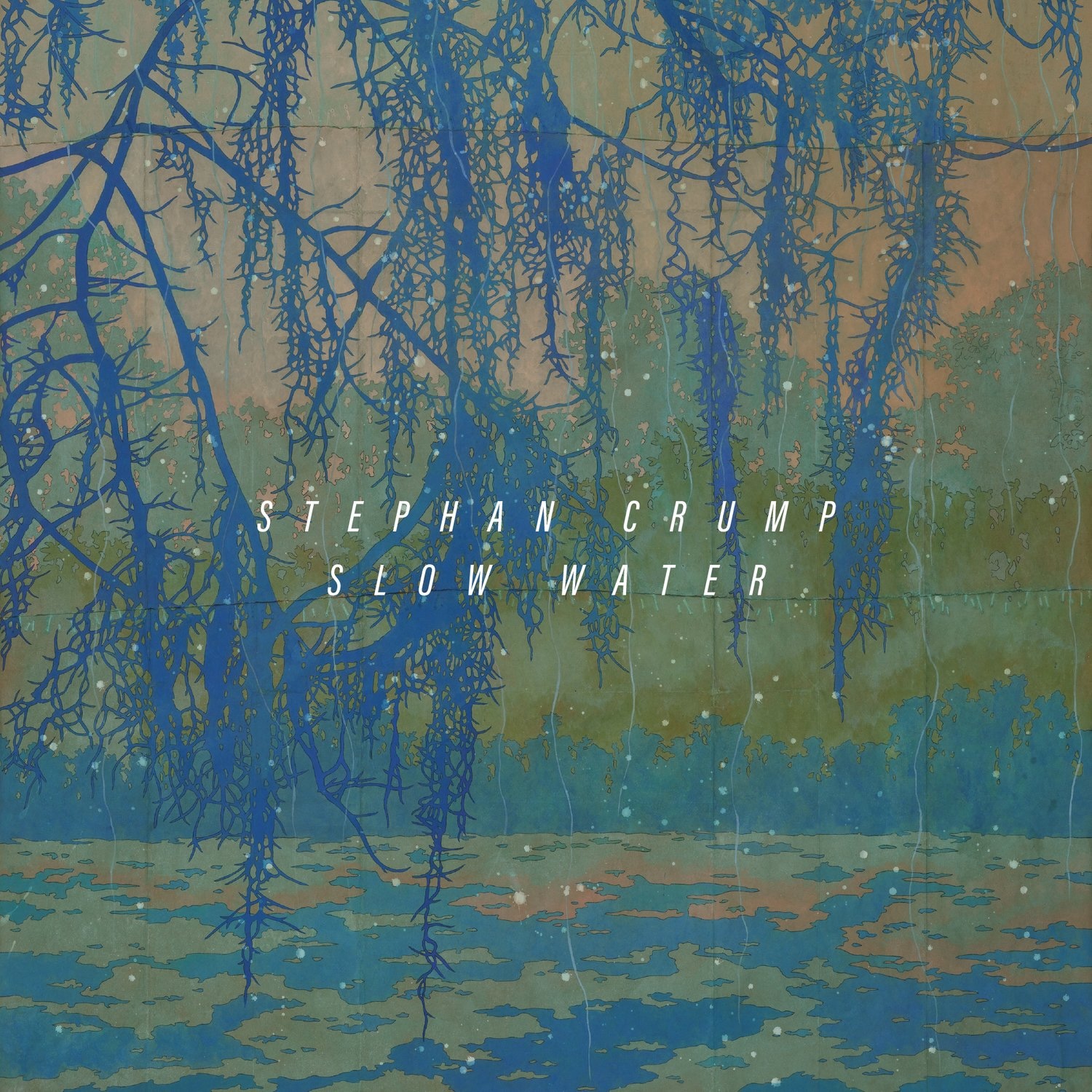Composer/Bassist Stephan Crump Contemplates Water From the Mississippi to the Gowanus Canal
transcribing his musical thoughts for strings, horns and vibraphone
Musicians from Handel to Jackson Browne to Philip Glass to The Beach Boys, to name but a few, have had water on their minds, which is not the same as having water on the brain. True, Glass only got as far as the beach, but that's close enough. Add bassist/composer Stephan Crump to the list. He's recorded two albums with the Rosetta Trio, an unusual grouping of bass and two guitars.
Here, he's composed a sixty seven minute long suite for an "unorthodox chamber ensemble" consisting of strings, horns and vibraphone inspired by science journalist Erica Gies' 2022 book "Water Always Wins", a fact not lost right now on the people of south Florida and I won't get into the politics of de Nile currently practiced there.
While water can rage—and given how we've often badly dealt with it, it has every right to—the sixty seven minute long excursion is as the title suggests more of a slow, steady, dare I write immersive journey in which Crump, who grew up near the mighty Mississippi and has lived for more than thirty years by Brooklyn's Gowanus canal, a Superfund cleanup site and as sad and abused a body of water as you're likely to not want to swim in—presents a sometimes melancholic, though often rapturous and sometimes mystery-laden look at water and our relationship with it.
The ensemble consists of musicians active in the Brooklyn, New York downtown music scene including composer/trumpeter Kenny Warren composer/trombonist Jacob Garchik, who has written and arranged for Kronos Quartet, violinist yuniya edi kwon, violist/composer/multi-media artist Joanna Mattrey, vibraphonist/composer Patrician Brennan and of course Stephan Crump.
The combination of strings, brass, vibes and bass and how the suite has been written, arranged and performed reminded me of the extraordinary '90's era chamber/jazz ensemble Rachel's who's albums really should be reissued and better appreciated, as well as some of Sufjan Stevens' compositions, but those are two other musical waterways for another journey.
The inventive musical textures and harmonies produced by the ensemble on the relatively simple two note riff that is the five minute "Eager", which begins side two is a piece I found myself drifting back to for repeat performances.
Rather than doing any kind of "play by play", it's much easier and instructive to point you to the embedded YouTube video below that presents "Outflow" the fourteenth of the work's sixteen pieces. It's more "ambient" in nature than many of the others but it give you a good idea of the work's general "vibe" no pun intended.
Outstanding sound helps make this a truly pleasurable listening experience. Crump's bass is very well-recorded, rich and deep with well-defined transients, as is the dark, often mysterious and lurking Vibraphone. The engineering produces uniformly fine sound. All of the instruments have been recorded skillfully and placed on the stage in service of Crump's arrangements, which produce textural, harmonic and rhythmic surprises around every musical bend.
Scott Hull at Masterdisk cut the sides. You won't care how this was recorded. The sound is as you would want and wherever this was pressed, all four sides were quiet and stayed out of the way.
Yes you'll have to get up a few times to turn over the records in this double disc set, but for a late night final selection before shutting off your system and calling it an evening, Stephan Crump's Slow Water is a fine way to end on a serene but deep and consequential series of notes. Highly recommended. You can purchase the record here
Happy to say that the Gowanus canal clean up has gone well enough for water fowl to return.








































.png)








